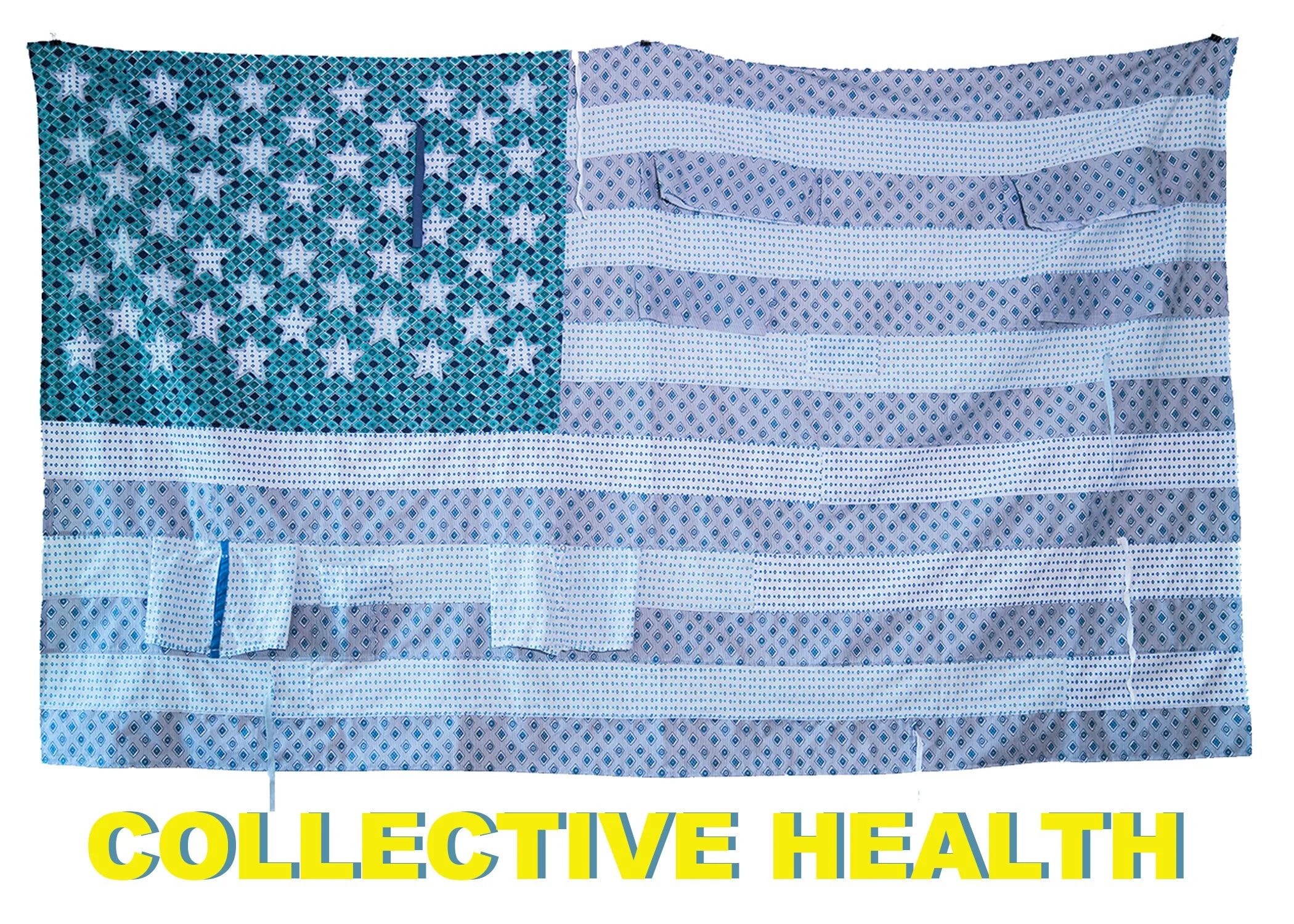The world has changed since the emergence of the COVID-19 pandemic. We can no longer ignore or disregard how our decisions or actions can affect many; how interconnected we are both globally and locally.
As much as we tell ourselves that we are “all in this together”, the coronavirus has accelerated and amplified many issues of inequality in our society. While the affluent have been able to travel and more comfortably insulate themselves, others are struggling with unemployment, food insecurity, and greater rates of illness and loss of life.
In the US, we are in the unique situation of the pandemic unfolding during an election year in a country that has rarely felt so divided. Stay-at-home directives and mask ordinances have become political flashpoints. Incidents of hate crimes against Asian Americans have increased as public figures use xenophobic language and shift blame onto others. At what seemed like the height of the pandemic, video footage of George Floyd’s death shone a light on police killings of Black Americans and revived the Black Lives Matter movement. His death — along with Breonna Taylor, Elijah McClain, and others — sparked outrage, nationwide protests, and calls to divest from police. The spotlight on racial inequality has only added to the list of many polarizing issues within the country.
Meanwhile, the pandemic has also shown how human activity or lack thereof affects the world around us. With our decreased travel, spending, and the closures of industrial factories, we have seen drops in pollution levels illustrating for us that we can and do greatly affect the environment around us.
We have also seen a rise in communities coming together and providing mutual-aid in the form of mask making, delivery of groceries and food, raising money, providing childcare, and other aid in their local neighborhoods.
If community health broadly refers to the state of our collective bodies, then each and every one of us comprises and contribute to our overall collective health. All of our actions, on micro and macro levels affect ourselves, the people around us, and the environment in which we live and leave behind.
In a deeply divided United States in the middle of a community health crisis, what are the issues that we can no longer ignore, that scream out and demand our attention? If mere survival is a challenge, is the goal of a healthy community a lofty dream? How do national and global politics play into and complicate these goals?
